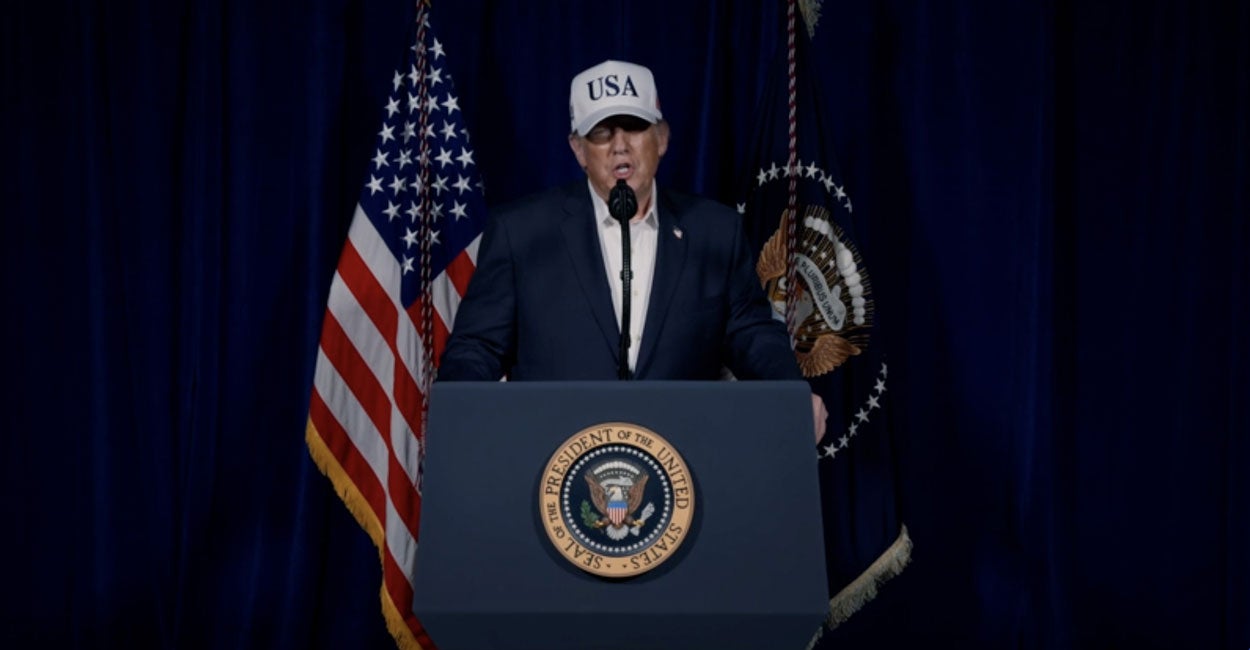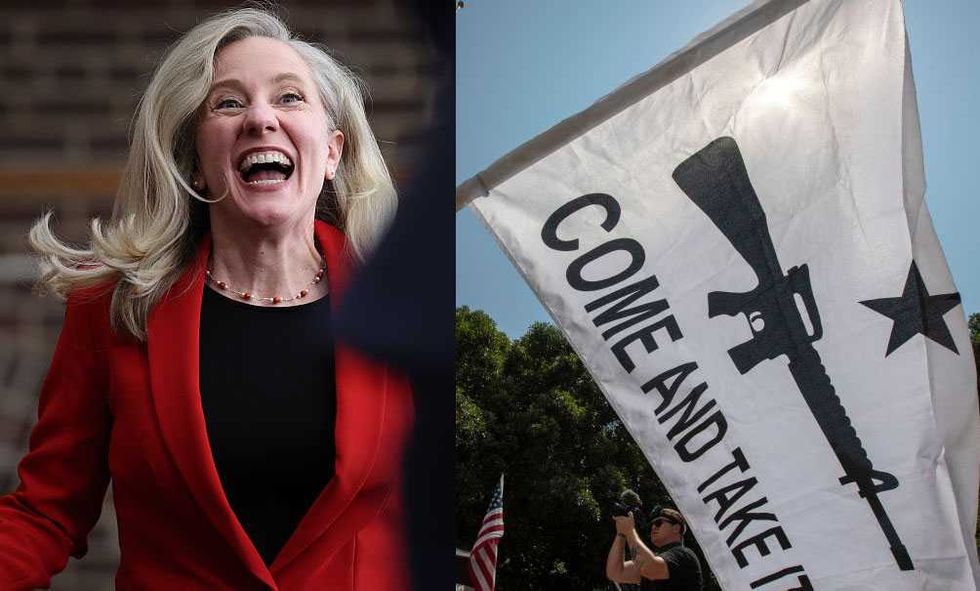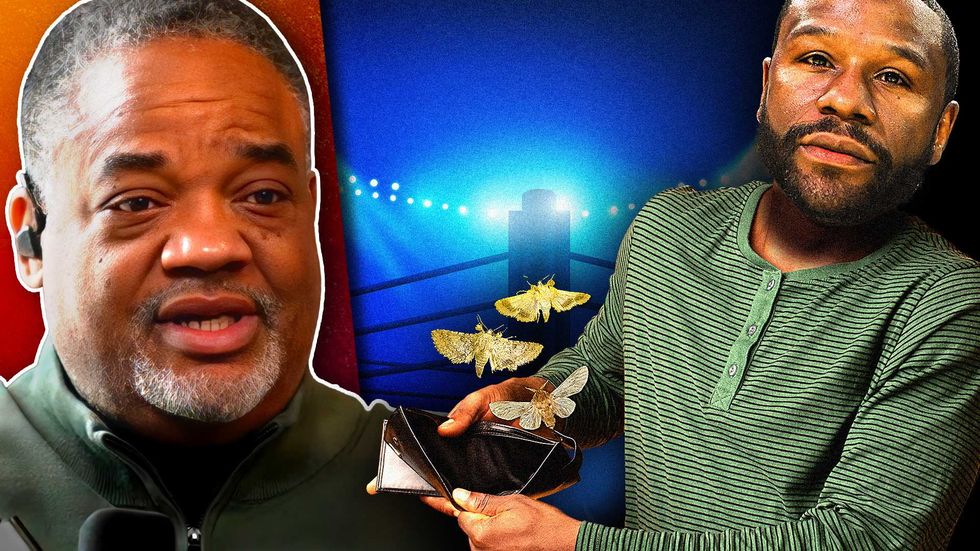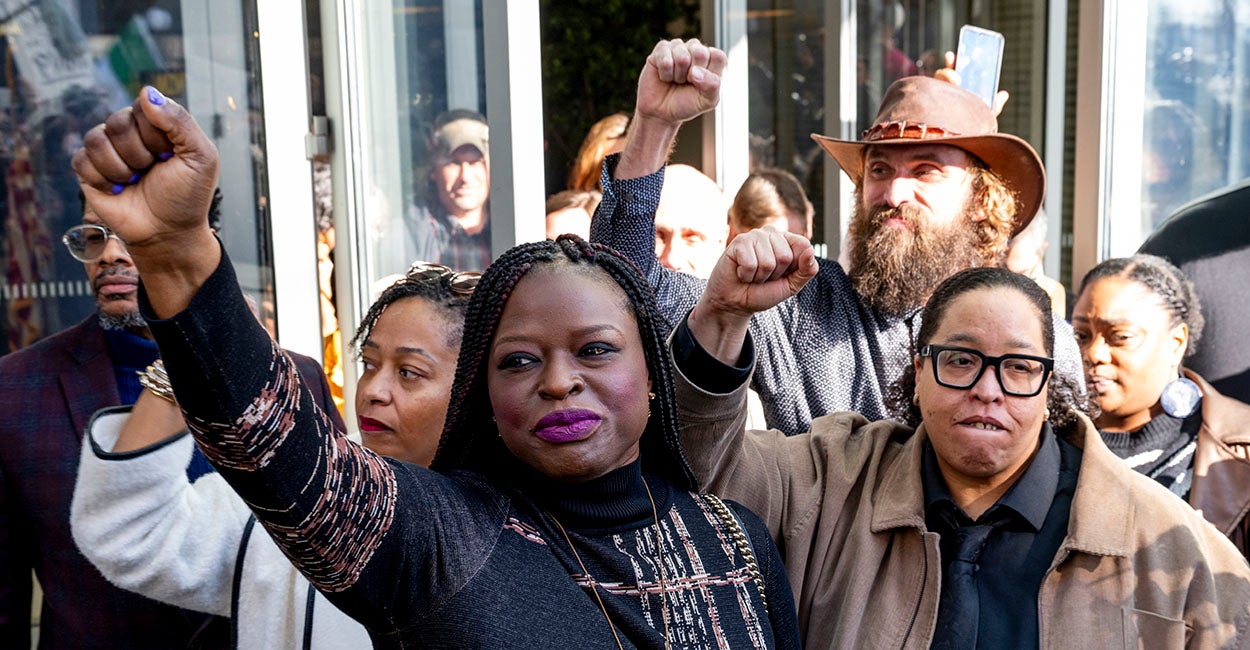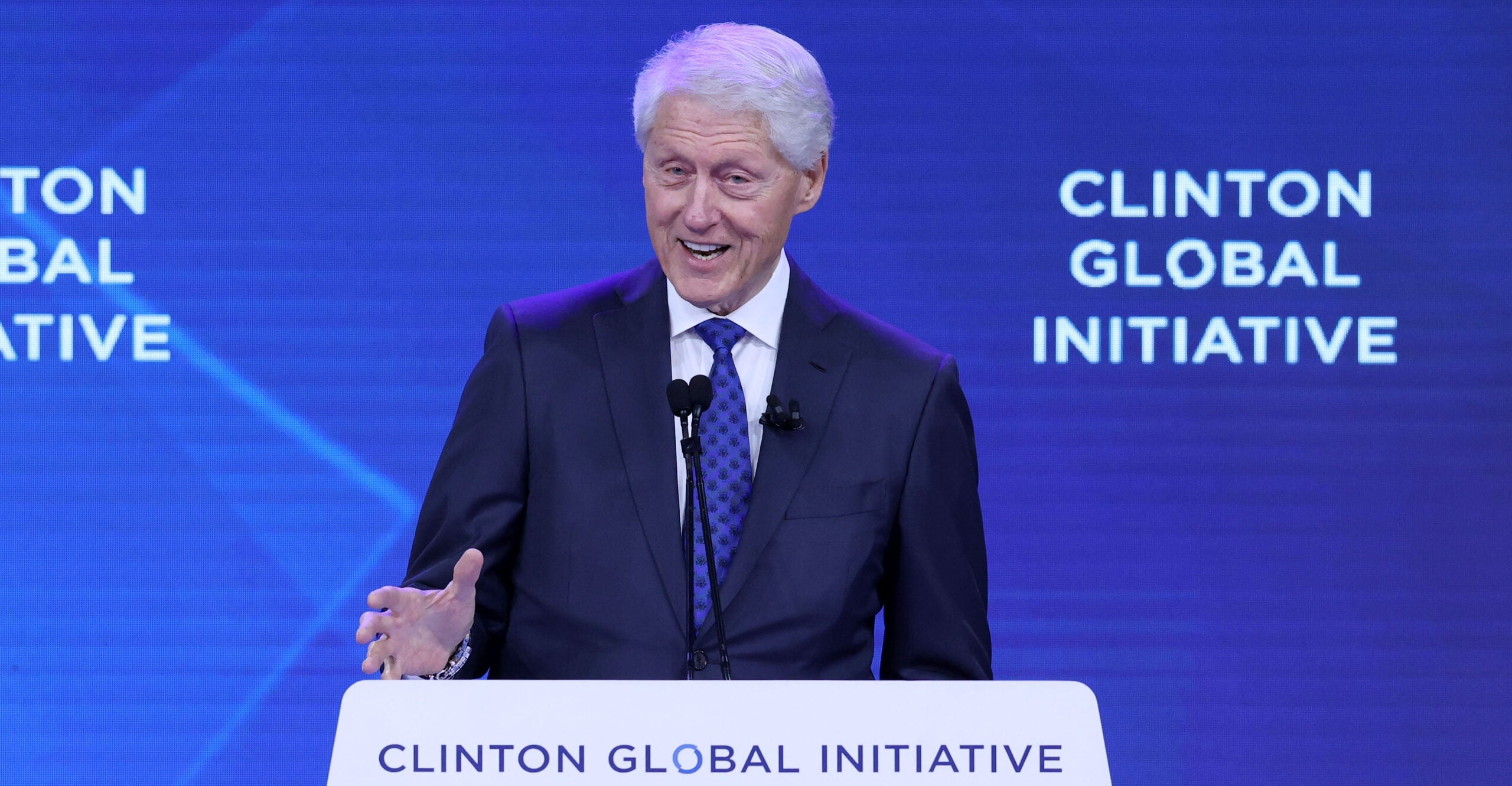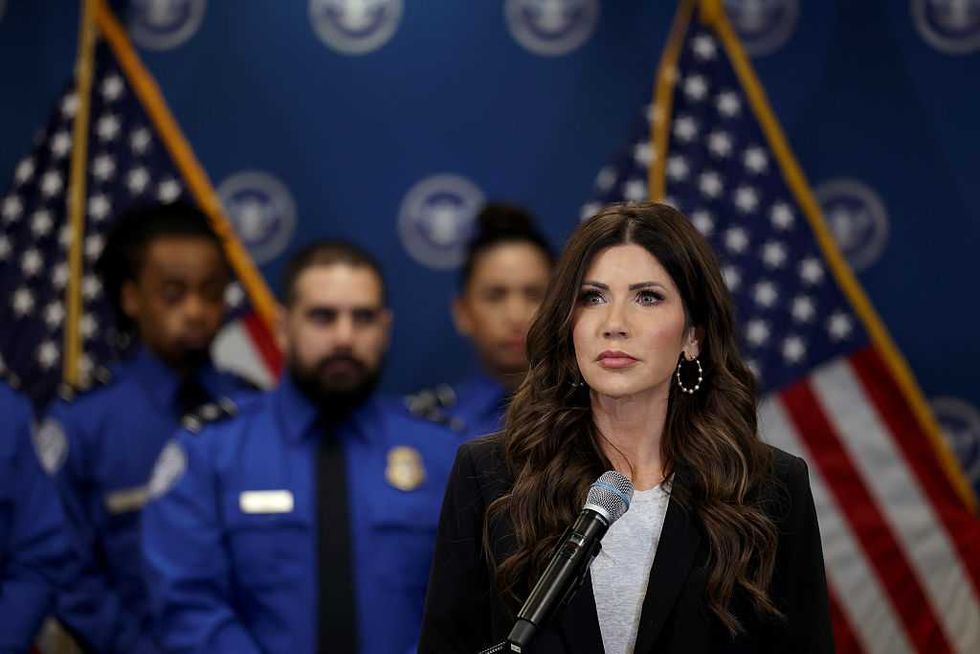Supreme Court Signals End To Colorado Laws That Push Kids To Transition
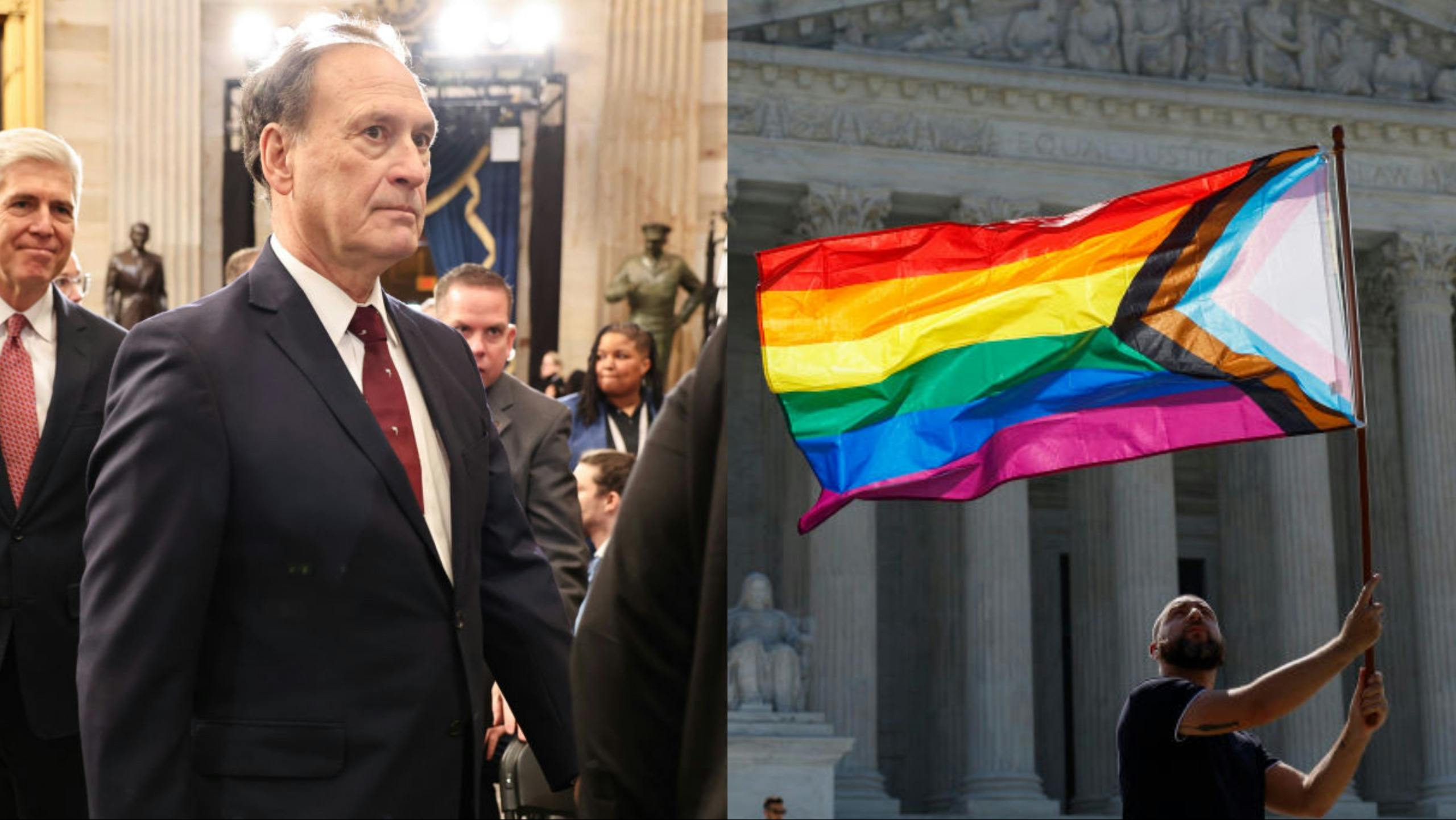
For about 90 minutes on Tuesday, the Supreme Court heard oral arguments in a case on a Colorado law that bans counselors from helping gender-confused kids. After the dust had settled, many of the justices, including Justice Samuel Alito, appeared poised to strike down the law after raising questions about free speech and the politicization of science.
Live Your Best Retirement
Fun • Funds • Fitness • Freedom
The case came to the Court after Christian counselor Kaley Chiles challenged a Colorado law that bans counseling that “attempts or purports to change an individual’s sexual orientation or gender identity.” Chiles argues the law violates her First Amendment rights by preventing her from helping kids with gender identity issues feel comfortable in their own bodies.
Several of the justices appeared sympathetic to her free speech claims, even notoriously liberal Justice Elena Kagan.
Leading the charge on the free speech criticism was Alito. The conservative justice criticized Colorado Solicitor General Shannon Stevenson’s argument, noting that the Court rejected a similar argument in a 2018 case over a California law mandating crisis pregnancy centers provide information on how to obtain abortions.
Alito pressed Stevenson on free speech throughout oral arguments, at one point presenting her with a hypothetical situation:
One viewpoint is the viewpoint that a minor should be able to obtain talk therapy to overcome same-sex attraction, if that’s what or he or she wants, and the other is the viewpoint that the minor should not be able to obtain talk therapy to overcome same sex attraction, even if that is what he or she wants. Looks like blatant viewpoint discrimination.
In response, Stevenson claimed that she believed both situations would be allowable under the Colorado law, because the counselor in those situations would not be looking to “change sexual orientation.”
Unsatisfied with that response, Justice Kagan presented Stevenson with a similar hypothetical, saying that it “seems like viewpoint discrimination in the way we would normally understand viewpoint discrimination.”
Chief Justice John Roberts and Justice Clarence Thomas also raised First Amendment questions.
Another telling exchange occurred when Alito pushed Stevenson on the fact that the medical establishment has been wrong in the past. Much of Colorado’s argument hinges on studies that purport to show the harms of so-called conversion therapy, which would encompass encouraging kids not to embrace a transgender identity.
“The medical consensus is usually very reasonable, and it’s very important,” Alito said. “But have there been times when the medical consensus has been politicized, has been taken over by ideology?”
Stevenson replied by saying that she didn’t think that was relevant in this case, prompting Alito to observe the widespread support among the scientific community for eugenics and placing all people with Down Syndrome into mental institutions.
In response, Stevenson said that it would be “certainly a concern” if the medical standard of care were not based on patient safety but something else.
“Isn’t that a reason to apply First Amendment scrutiny when what’s being regulated is pure speech and not just saying medical standard of care, medical consensus?” Alito asked.
Another key moment occurred when Alito challenged Colorado’s interpretation of the law as written.
Alito noted that Stevenson claimed that a counselor would be able to help a person “cope” with unwanted sexual attractions, but not move toward any sexual identity changes. He referred to a portion of the text of the law that said “efforts to eliminate or reduce sexual or romantic attraction or feelings toward individuals of the same sex” would be banned under the law.
“What I don’t understand is how you can square your interpretation with the plain meaning of the statute,” he said. “Are you suggesting that everything beginning with the word ‘including’
is irrelevant? You just want all of that deleted from the statute?”
Stevenson replied by saying that portion was “illustrative” and that Alito’s scenarios would not be prosecuted under the law.
The decision, which is expected to come over the summer, could impact over two dozen states that have implemented bans on “conversion therapy.”
Originally Published at Daily Wire, Daily Signal, or The Blaze
What's Your Reaction?
 Like
0
Like
0
 Dislike
0
Dislike
0
 Love
0
Love
0
 Funny
0
Funny
0
 Angry
0
Angry
0
 Sad
0
Sad
0
 Wow
0
Wow
0
